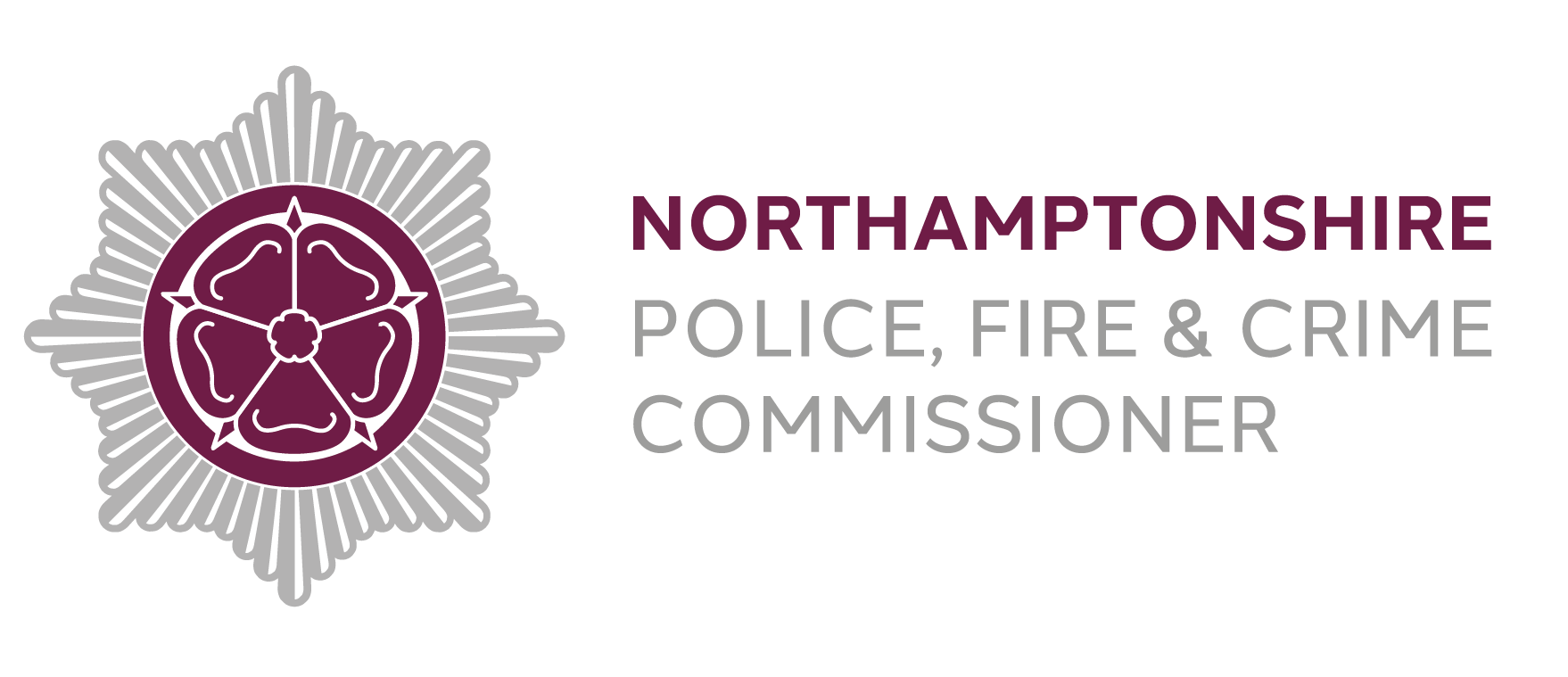Information
HMICFRS Report – A joint thematic inspection of the police and Crown Prosecution Service’s response to rape – Phase two: Post-charge
The first part (Phase 1) examined cases from the point when they were reported to the police through to the decision (either by the police or the CPS) to take no further action.
This part (Phase 2) examines cases from the point of charge through to their conclusion, and includes those which were decided in court (although we do not make judgements on the decisions of the judges and juries). The combined findings from parts one and two of this inspection provide a comprehensive assessment of the criminal justice system’s current approach to rape, and an account of victims’ experiences of the system.
A copy of the report can be downloaded here
PFCC Response
I welcome the report published by Her Majesty’s Inspectorate of Constabulary and Fire Service (HMICFRS) ‘A joint thematic inspection of the police and Crown Prosecution Service’s response to rape – phase two: Post-charge’ published on the 25th February 2022.
The report concludes that the criminal justice system is failing to provide a satisfactory level of service to victims of rape. It is unacceptable that rape victims receive poor outcome rates, and I recognise that communication with victims by police and prosecutors needs improvement. The widespread perception that victims are being investigated or standing trial needs addressing.
I have discussed the report with the Chief Constable and have been reassured that the recommendations in the report are being progressed, and an eleven-point plan has been developed. The plan includes increased support and contact with victims, with referrals to Independent Sexual Violence Advisors (ISVAs) and other support mechanisms. There is focus on more joined up working with the Crown Prosecution Service (CPS), and timelines will be closely monitored.
Investigators will ensure that bad character is considered in all cases, and victims will be offered special measures at court, as well as having the opportunity to make a personal statement.
As Chair of the Local Criminal Justice Board (LCJB), I will be working with partners across the criminal justice service to identify challenges preventing delivery of effective service, and ultimately justice for victims. I believe we can improve partnership working to achieve better outcomes and I will make this a key aim of the group.
Tackling Violence Against Women and Girls (VAWG) is a priority in my Police and Crime Plan. I closely scrutinise the Constabulary in this area and recently held a VAWG ‘deep dive’ with the Chief Constable where rape was discussed at length. Furthermore, I have commissioned services to support rape and sexual assault victims, as well as implemented preventative initiatives.
RASASC (Rape and Sexual Abuse Support Centre) is an aftercare co-commissioned service for Cheshire and offers specialist support, independent advocacy services, counselling, help and support. RASASC have six ISVAs working with victims and offer a helpline, therapeutic counselling and group work. I also fund a dedicated male advisor with lived experience to support male victims.
Furthermore, I have secured additional IDVAs (Independent Domestic Violence Advisors) and ISVAs across the area in local authorities and hospitals.
We support an organisation called Survive who provide sexual violence support and counselling for historical sexual assault and rape victims. A successful ‘Safer Streets 3’ bid funded training for a Sexual Violence Liaison Officer (SVLO) within Chester University, as well as bystander training for the night-time economy.
The ‘Safety of Women at Night’ fund enabled Cheshire to be the first force in the North-West to use GoodSAM technology. This enables control room operators to use a caller’s phone as a live camera to secure evidence, provide reassurance and be a real deterrent for offenders. It assists police in swiftly locating a victim and we are already seeing positive results.
I will monitor the Constabulary’s performance against the recommendations in the report through updates at force performance day and my scrutiny agenda.
Improving victims’ experience through the Criminal Justice System is a key priority within my Police and Crime Plan. Communication with Rape and Serious Sexual Offence (RASSO) victims should be consistently frequent by police and prosecutors. I have invested in a dedicated RASSO Lead and Victims Lead to support activity in this area. Through the RASSO Partnership Group the force and CPS continue to keep the victim at the forefront of every step in the process, focussing on the importance of being kept informed, and keeping in touch with them, even if there is nothing significant to report at any particular stage. Victim Personal Statements are a key measure of compliance against the Victims Code of Practice and forms part of ongoing performance monitoring which will be reported to the public regularly at Public Performance Meetings
As an office we are working closely with partners to see an increase in conviction rates. For victims to support criminal proceedings they need to be believed, they need to not feel like they are the ones on trial, and they need to be able to access whatever support they require when they require it. Implementing the recommendations in this report will help to strengthen these points. I will work determinedly with the police service and partners to bring about the changes that are needed but it’s broader than just policing. I have wider responsibilities to prevent crime, influence the criminal justice system and support victims with services which cannot be delivered by the police. I am focussed on improving outcomes for victims of rape and the CPS are a central part of this improvement work. As chair of our Local Criminal Justice Partnership Board I will work to ensure a better service for victims so they get the justice they deserve.

